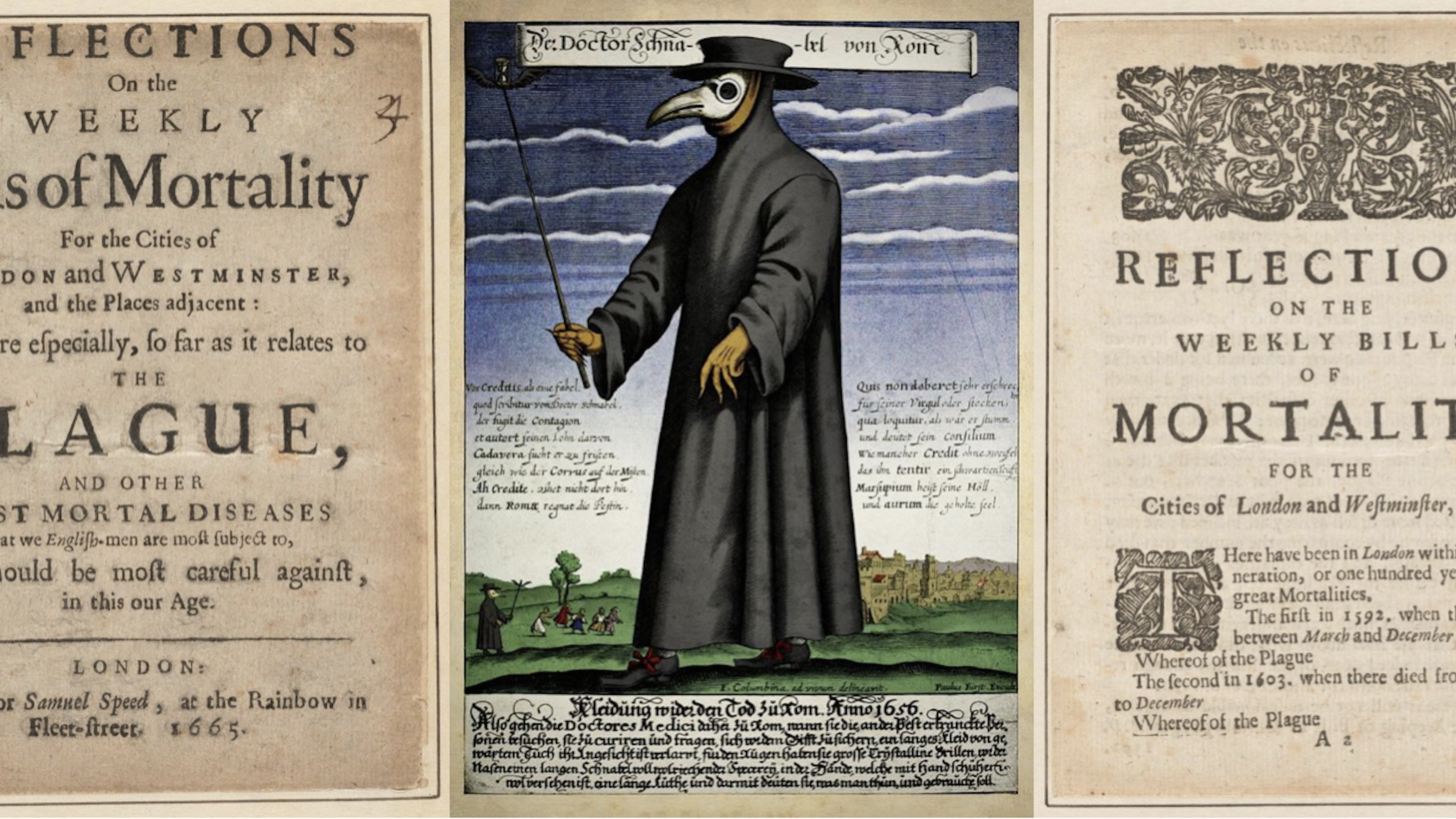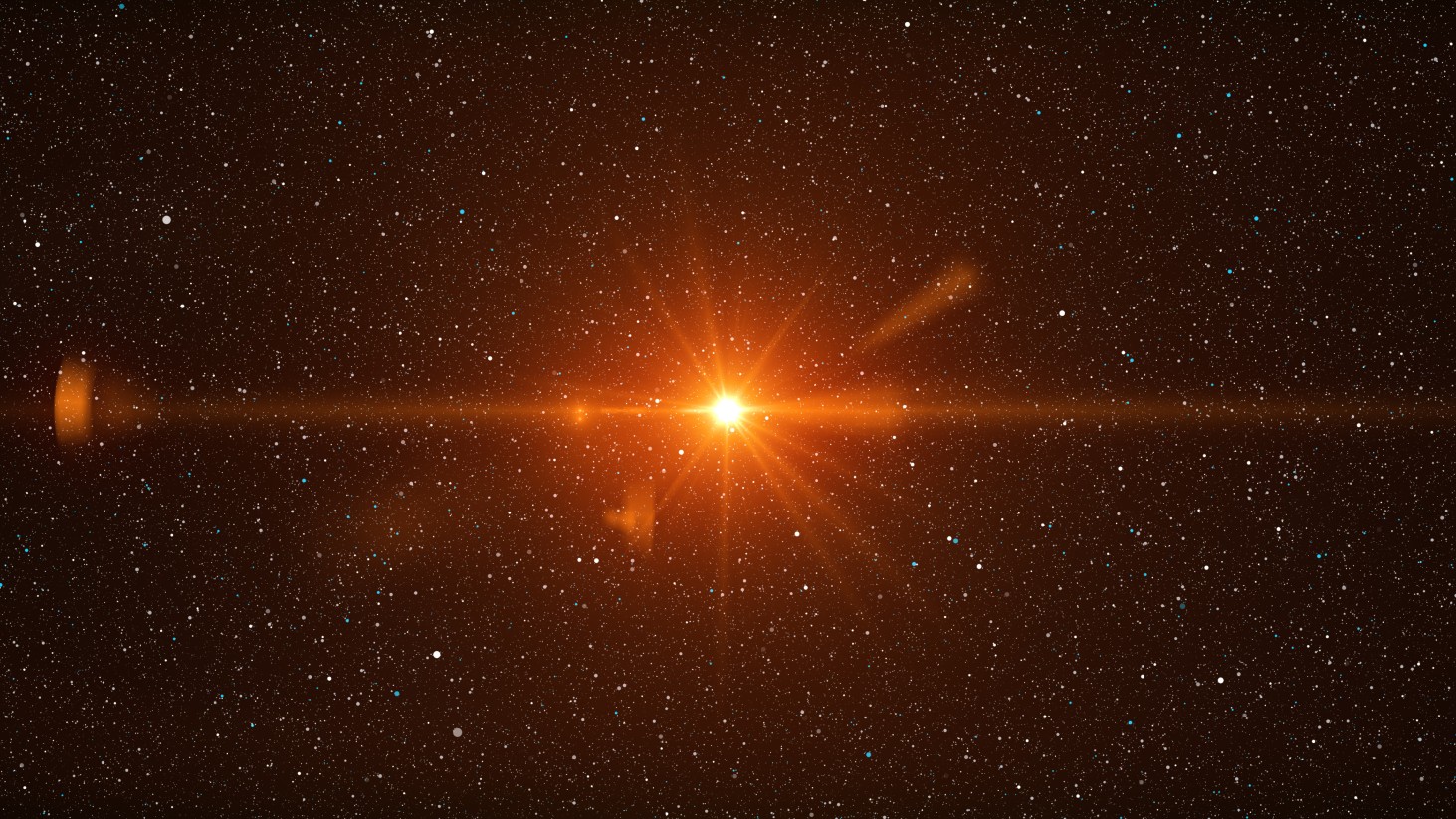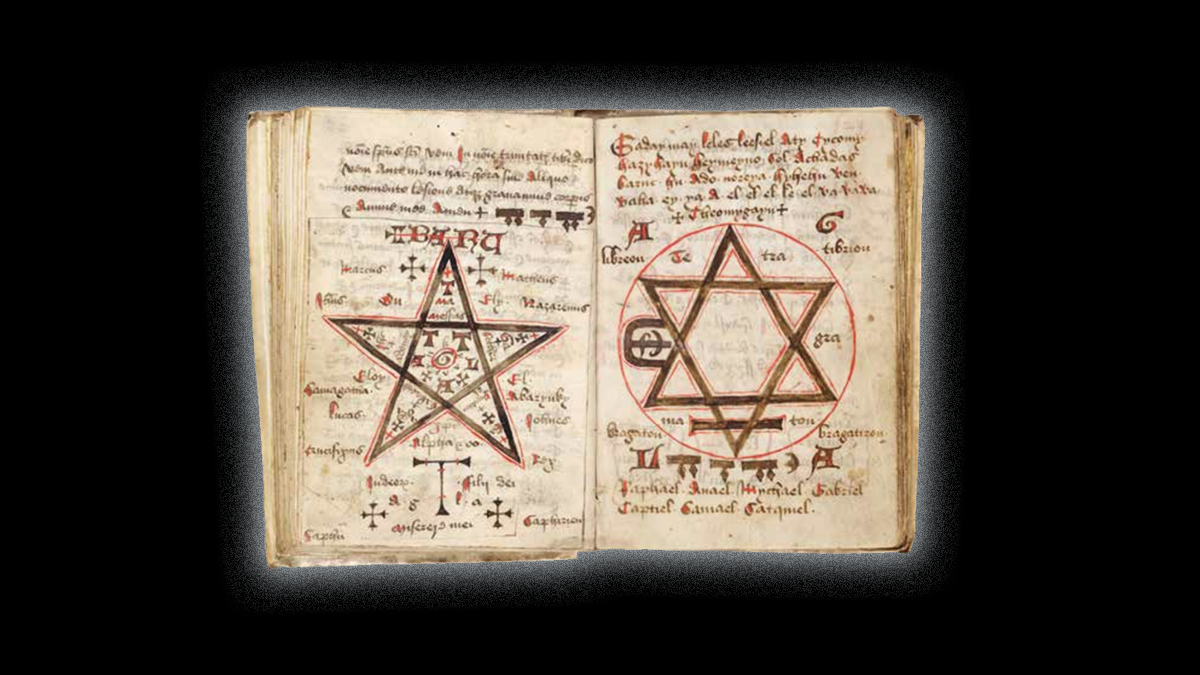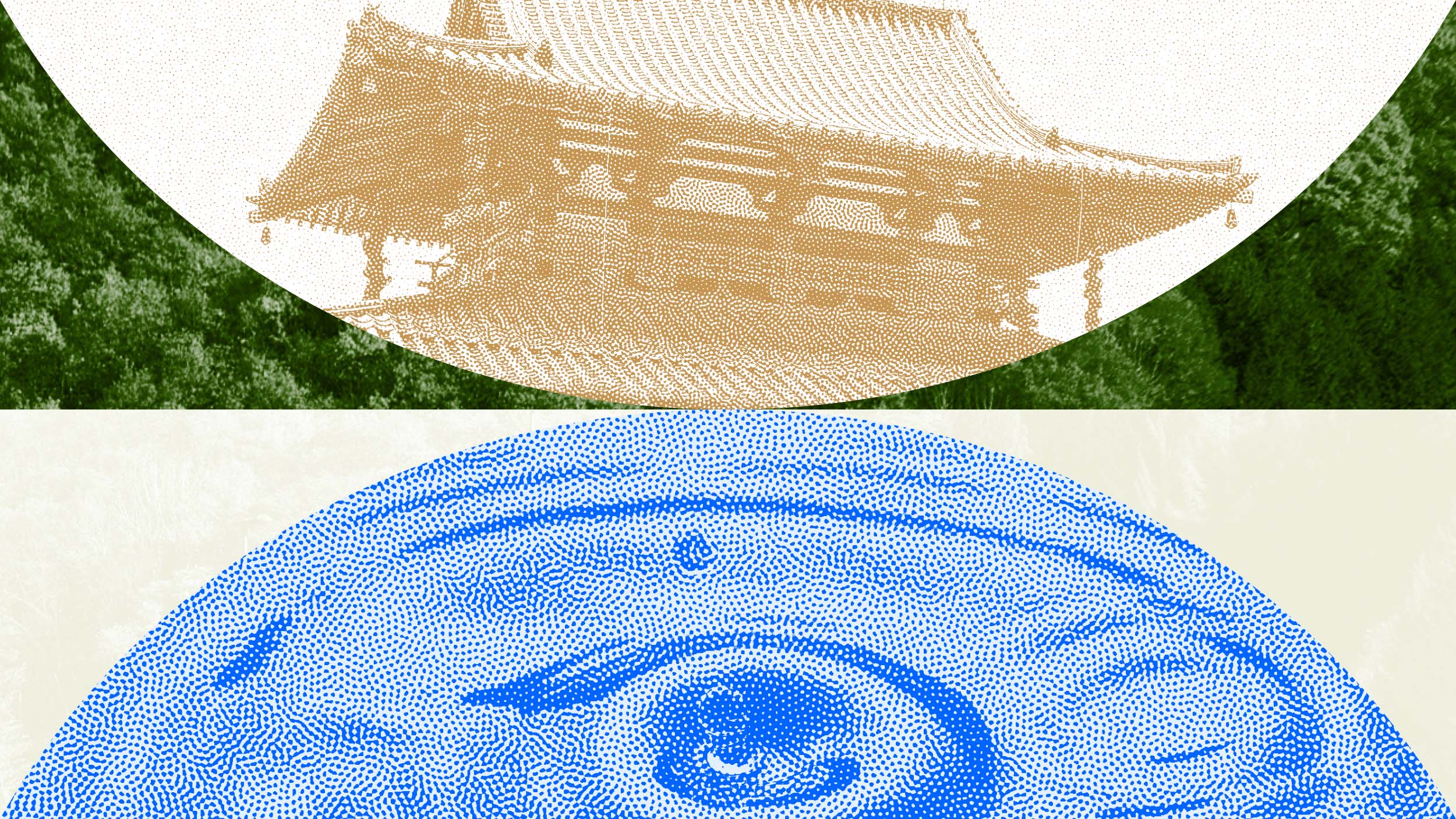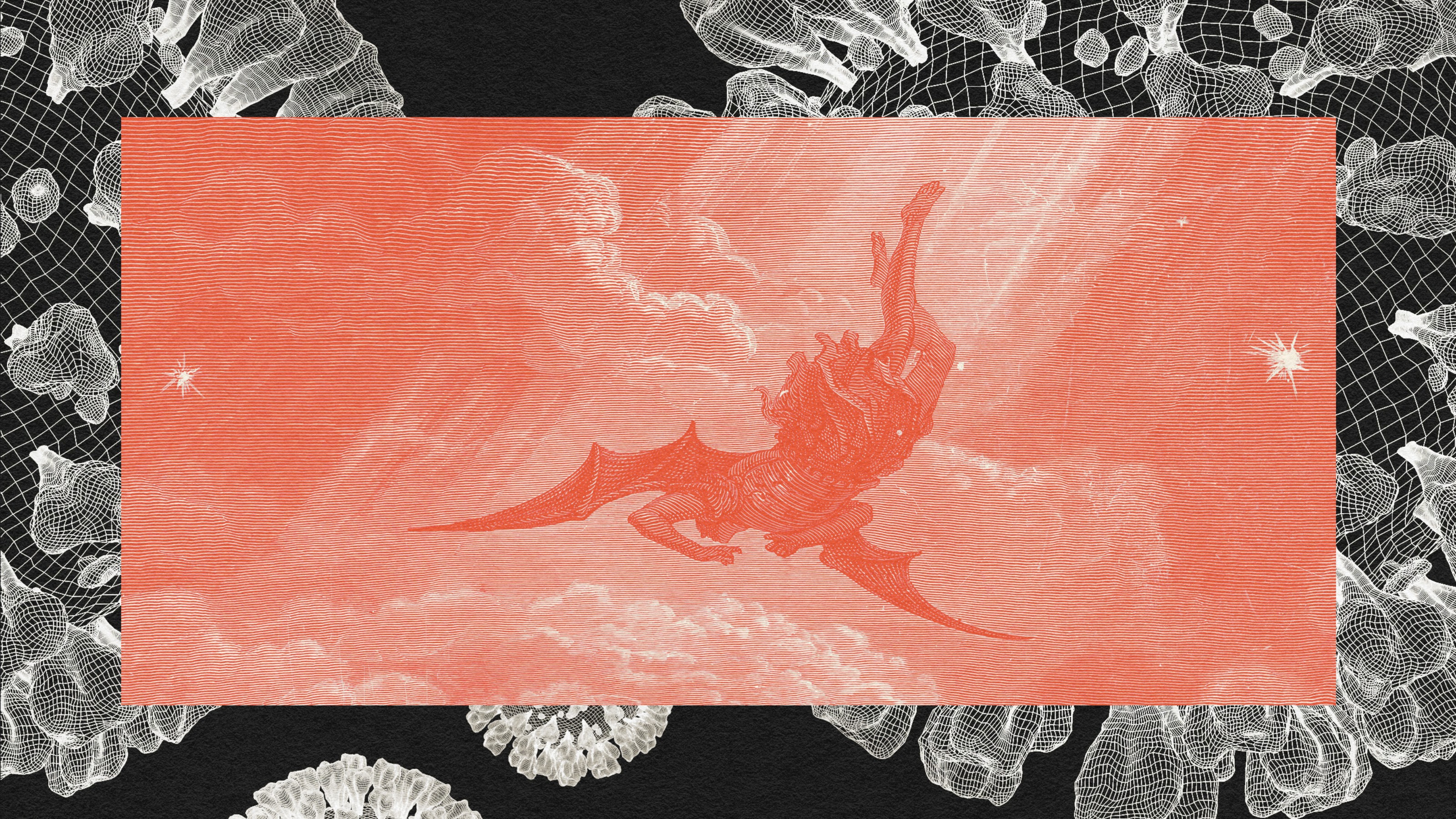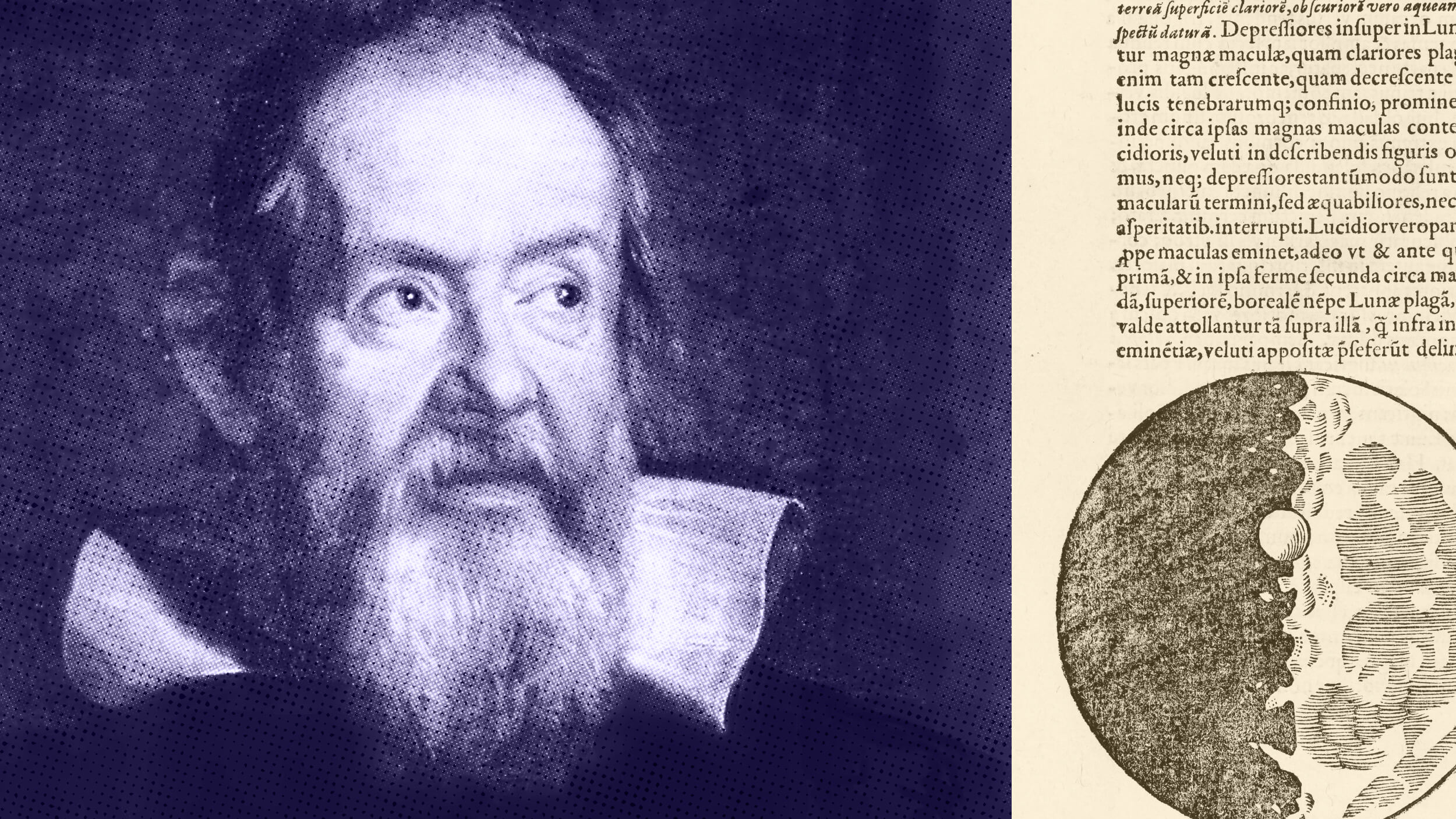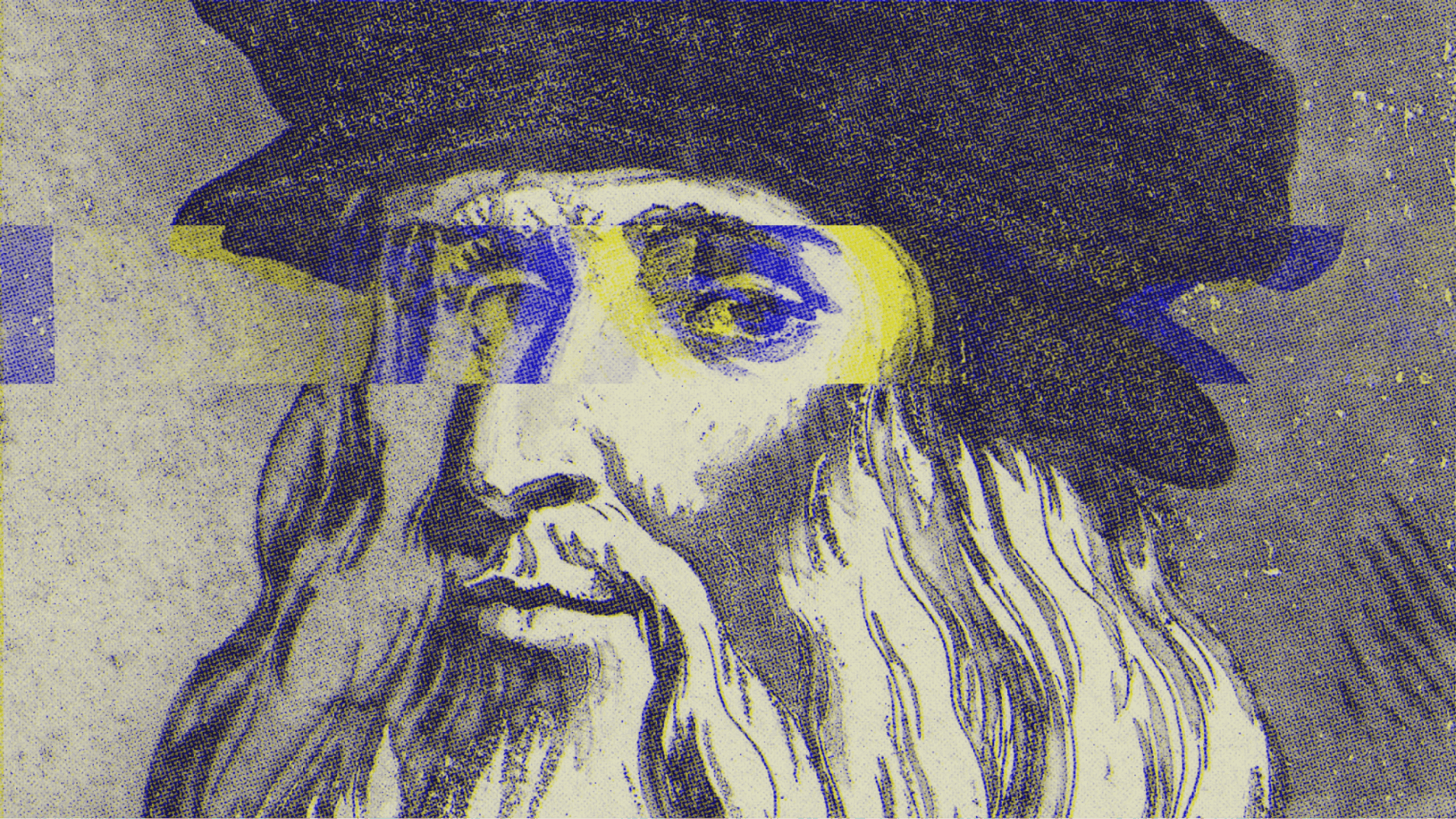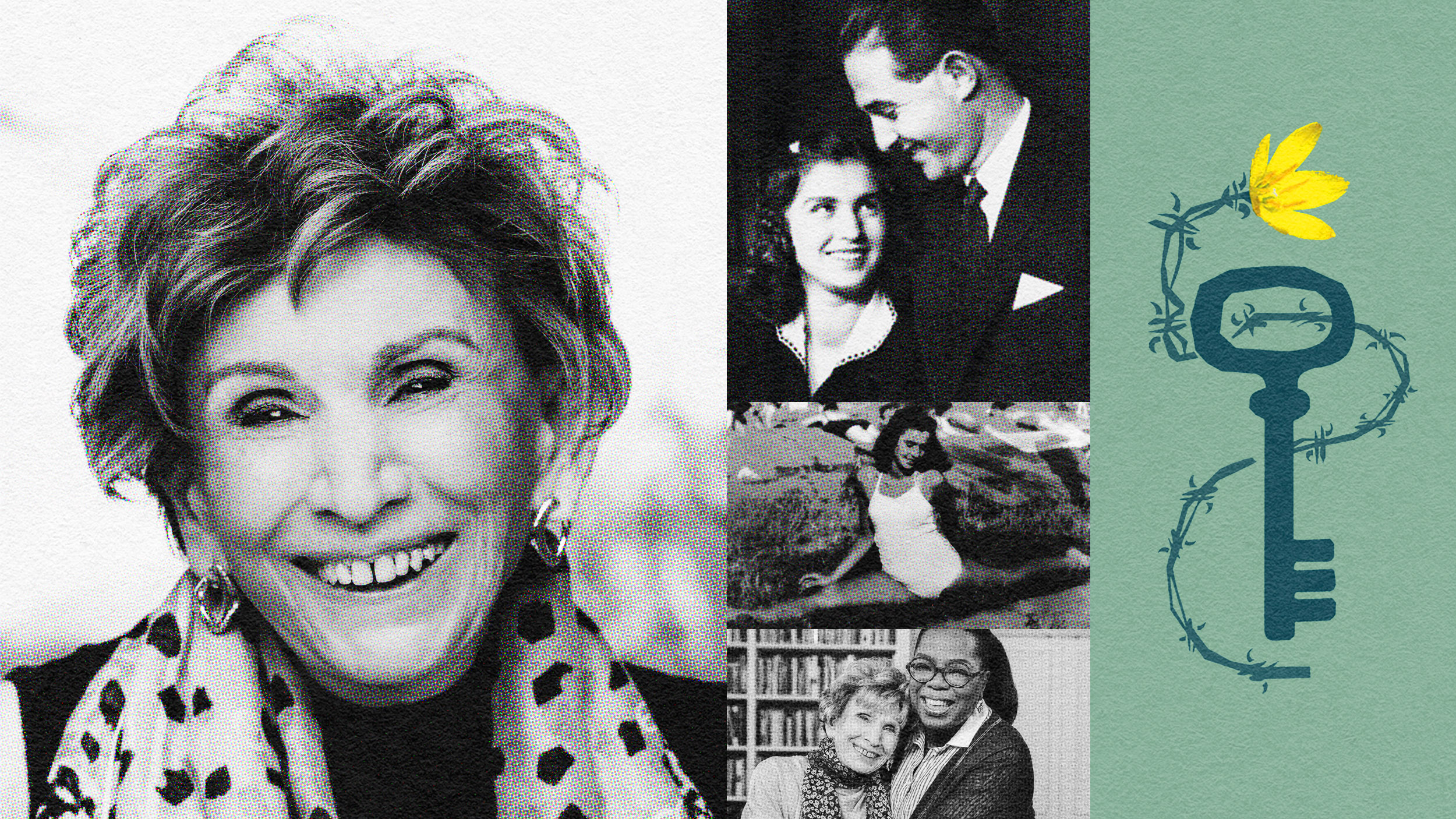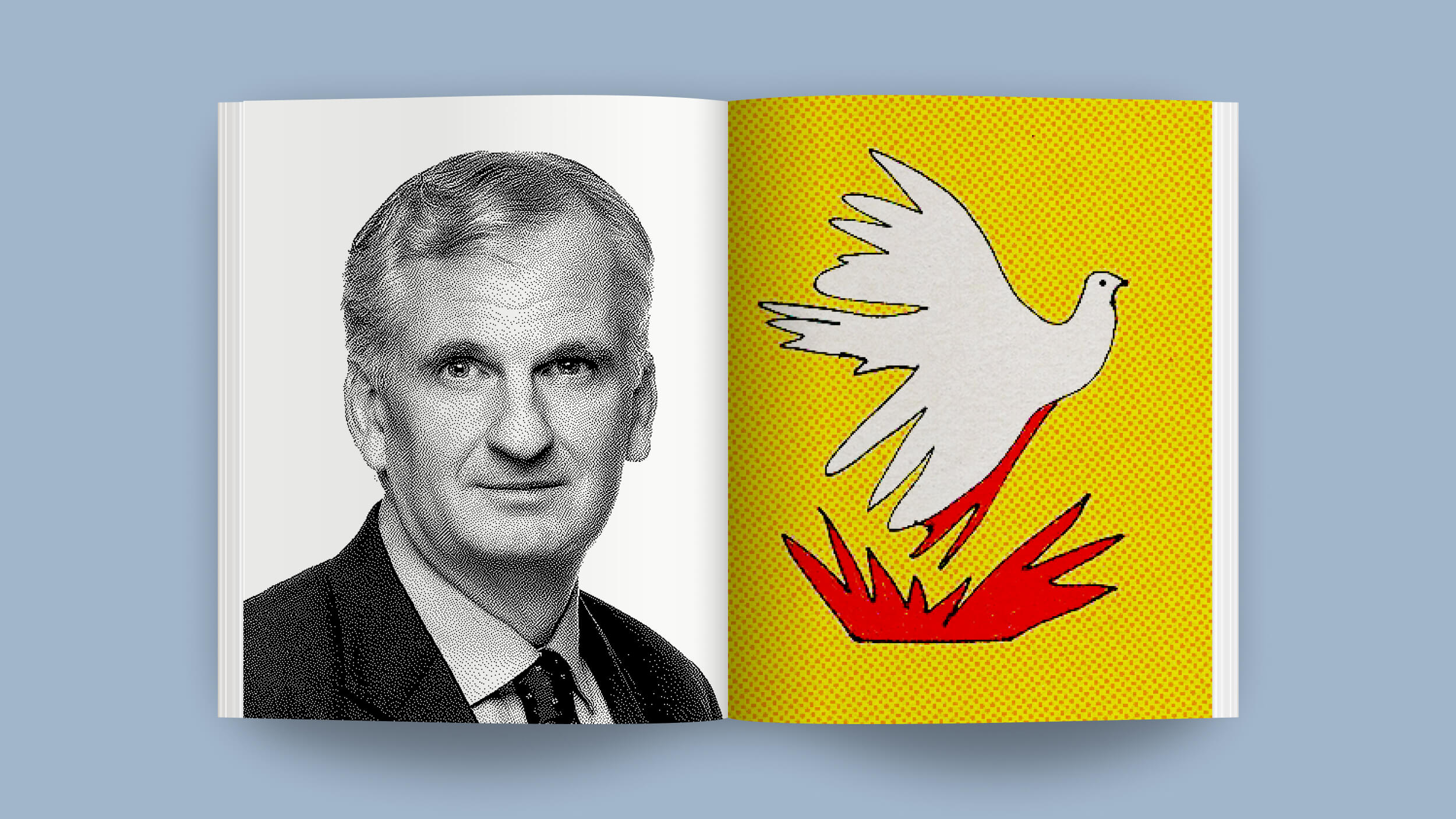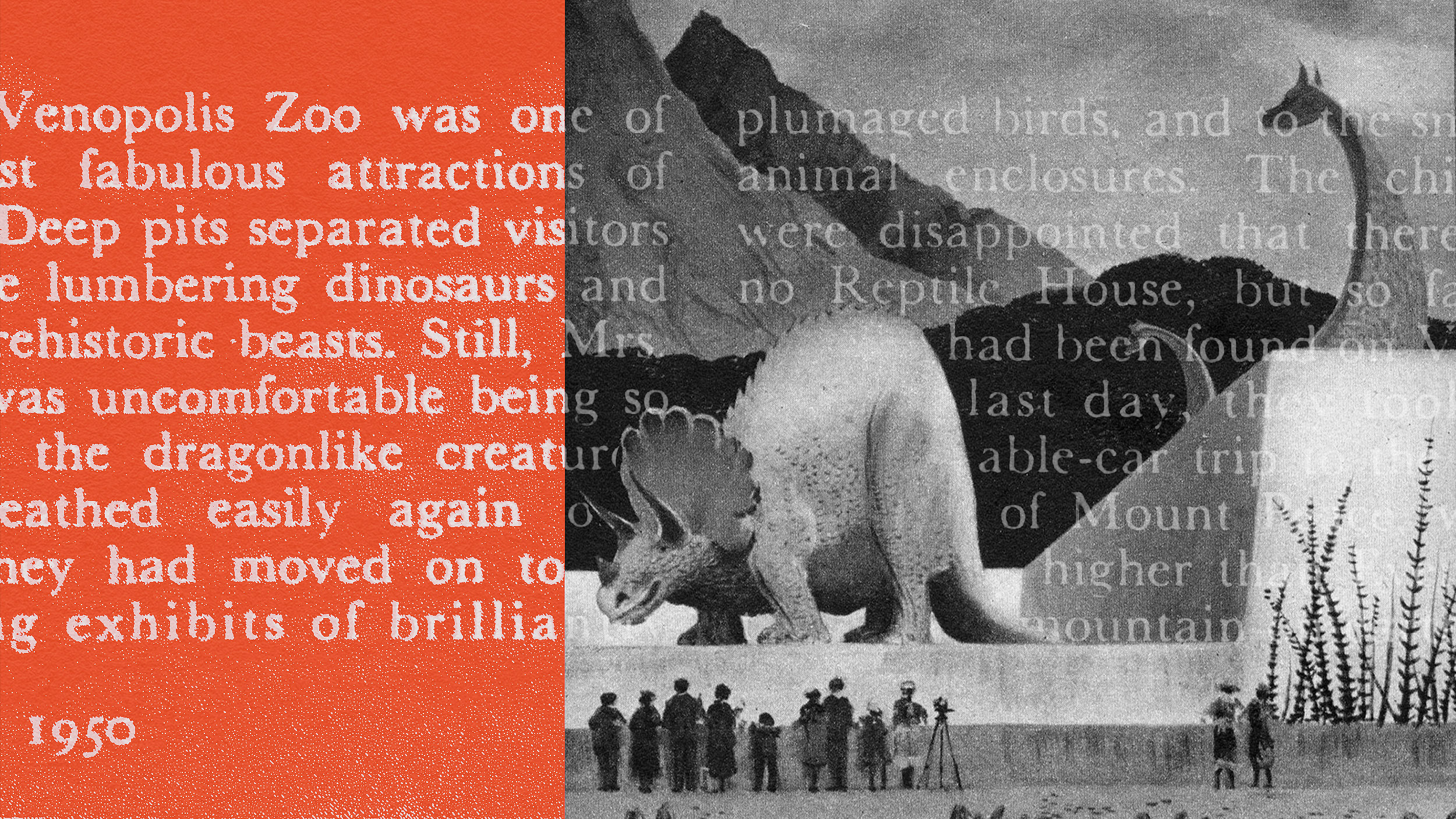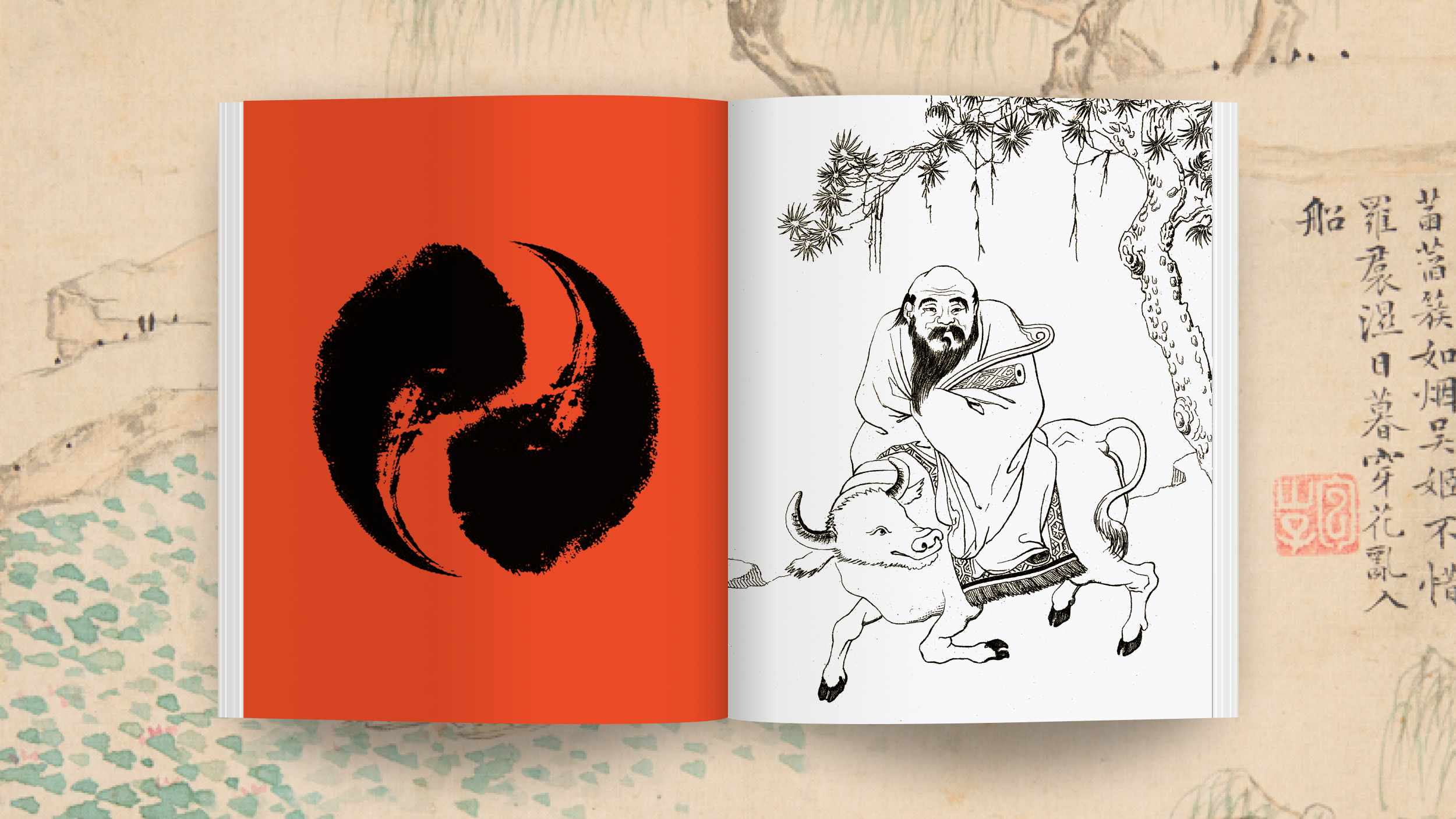history
Today’s philosophy students would be justified in asking, “What does any of this have to do with living?”
From King Midas to Gordon Gekko, humanity has struggled to grasp greed’s true nature.
Caitlin Rivers wants to tell the story of epidemiology and the public health heroes who keep the world safe and healthy.
An extraordinary haberdasher obsessed with buttons, lace collars, and death pioneered modern statistical analysis during the Age of Reason.
Hawking’s refusal to upgrade his communication system preserved a voice that became iconic, not just for its sound, but for the profound identity it conveyed.
One alchemist’s search for a whiz-bang method to produce gold unlocked the central science instead.
The Malling-Hansen writing ball, with its potential and limitations, redefined Nietzsche’s philosophical and creative expression.
Carl Sagan was far from the first to declare we are the children of ancient stars.
Grab a sword, a small plate, and a young child. We’ve got a demon to summon.
Playing the long game in Japan is about creating something so enduring that it becomes timeless.
Sixty years ago, the Soviet Union was way ahead of the USA in the space race. Then one critical event changed everything.
What if the barrier to a fulfilled life isn’t technology but culture?
“Could you create a god?” Nietzsche’s titular character asks in “Thus Spoke Zarathustra.”
How many scientists does it take to ruin a good conspiracy?
In November 1974, astronomers used the radio telescope at Puerto Rico’s Arecibo Observatory to send a hello to the universe.
“I was stunned. Here in front of me was the original apparatus through which a new vision of the world was slowly and painfully brought to light.”
We need a “theory that explains the evolution of evolution,” argues theoretical physicist Sara Imari Walker.
While we’re busy wondering whether machines will ever become conscious, we rarely stop to ask: What happens to us?
“The evolution of digital media makes stricter regulation of online behavior not only feasible but inevitable,” writes media ecologist Andrey Mir.
Many beloved fantasy adventures take place in worlds that bear a striking resemblance to our own.
Burns’ latest documentary dives into the long-romanticized life and work of the Italian polymath.
From Einstein to Twain, Garson O’Toole investigates the truth behind your favorite — and often misattributed — quotes.
“I am free. It’s a lot of effort to be free from the prison that is in your mind, and the key is in your pocket.” – Edith Eva Eger
Modern autocracies operate “not like a bloc but rather like an agglomeration of companies,” says journalist and historian Anne Applebaum.
The Sovereign State of the Bektashi Order would be just one quarter the size of Vatican City.
Historian Timothy Snyder talks with Big Think about how true liberty requires both negative and positive freedoms.
Dinosaurs and other beasts were once thought to be the “undisputed masters” of Venus.
Are breakthroughs really a matter of chance, or are they simply waiting to be uncovered by the right person at the right time?
“In that conversation with Laozi’s text, I began to see the shape of my own life, the questions that opened seams, the patterns that pooled and shimmered.”
Some biologists believe natural selection produces animals that are just good enough. Dawkins disagrees.



